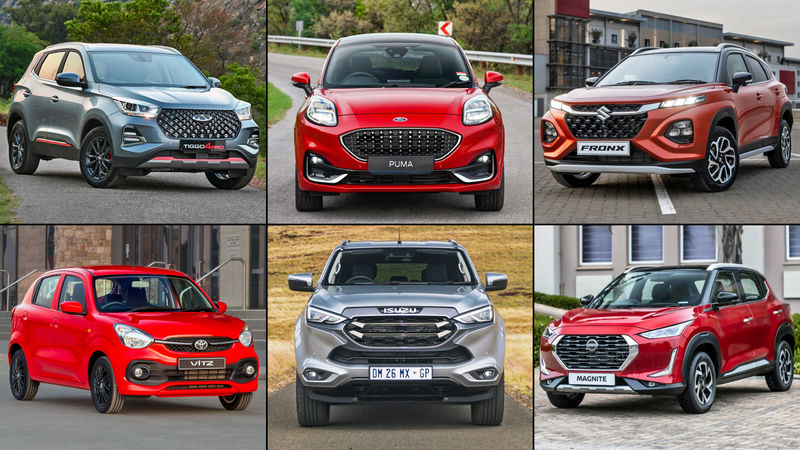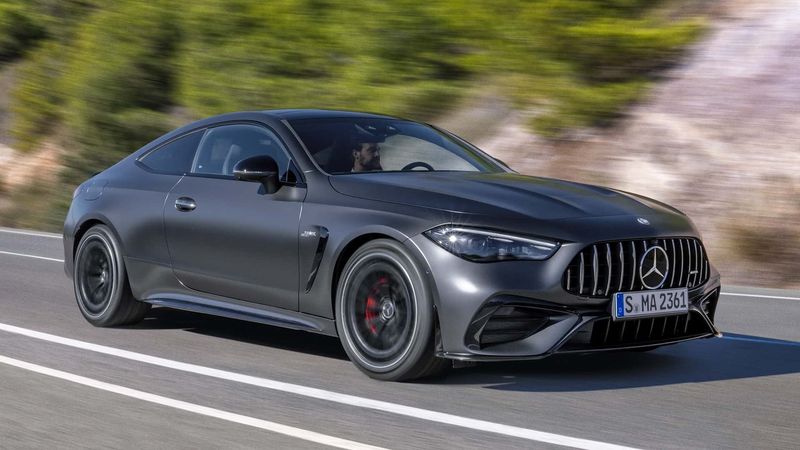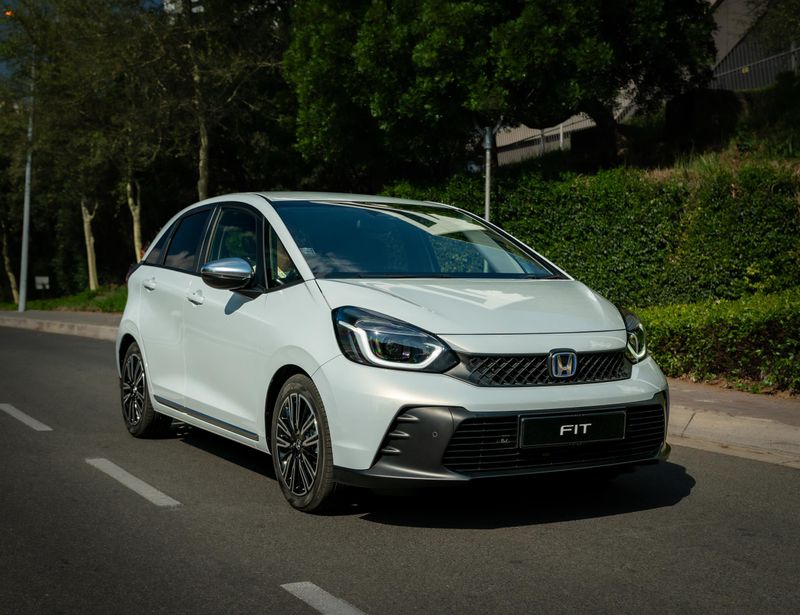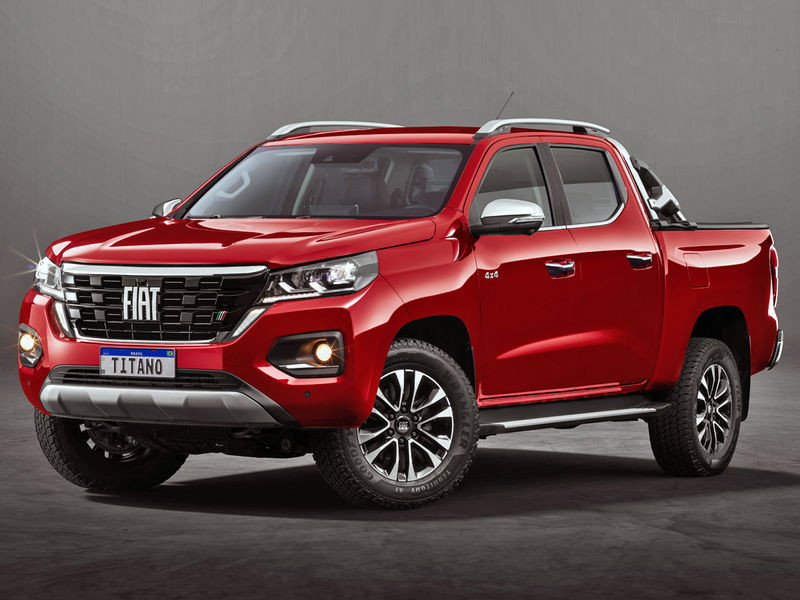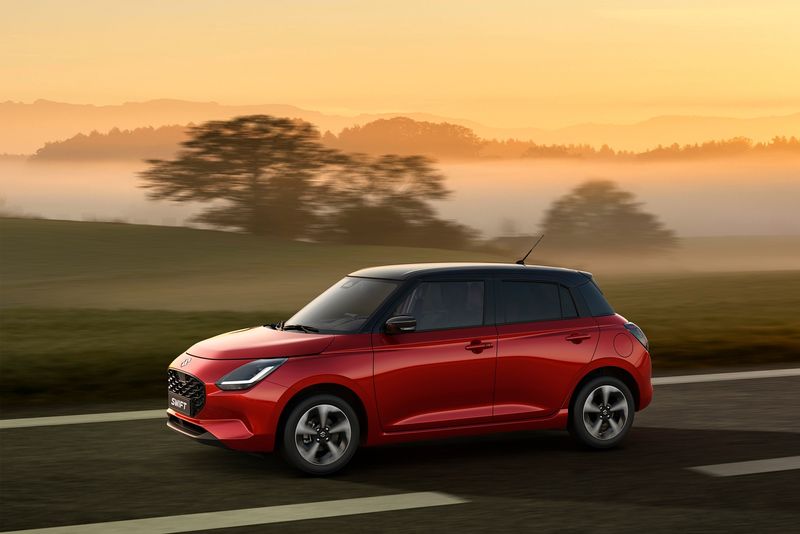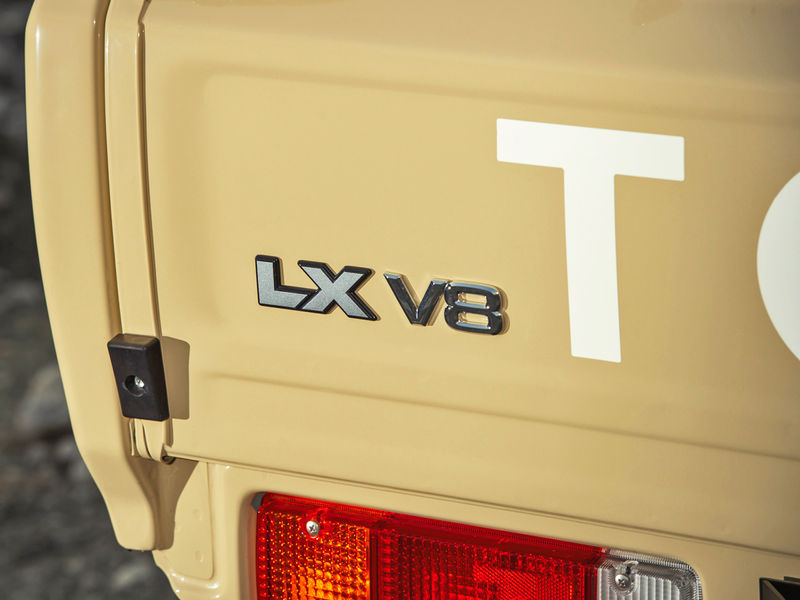







At the end of 2022, Toyota announced it had commenced the development of a hydrogen-powered Hilux. Now the Japanese automaker has revealed a prototype version of this hydrogen fuel-cell bakkie, which boasts a range of more than 600 km.
As Toyota gears up to introduce a mild-hybrid version of the Hilux in various markets (including South Africa, likely in 2024), the firm showed off its hydrogen-powered prototype at the Derby manufacturing plant in England, where it was developed in a joint project with a number of consortium partners and “supported” by UK government funding.

The automaker described the prototype as a “further demonstration of the broad scope of Toyota’s multi-path strategy for achieving carbon-free mobility”, in which it plans to apply different powertrain solutions – hybrid, plug-in hybrid, fully electric and indeed hydrogen fuel-cell electric – to “suit different user needs and operating environments worldwide”.
Employing “core elements” from the Mirai hydrogen fuel-cell electric sedan, Toyota says the prototype bakkie produces “no tailpipe emissions other than pure water”. Hydrogen is stored in a trio of high-pressure fuel tanks, giving the Hilux an “expected driving range of more than 600 km”, which Toyota says is “significantly further than might be achieved with a battery electric system”.

A hybrid battery stores electricity produced on-board by the hydrogen fuel cell and is positioned in the rear load deck. Though the company has seemingly not detailed peak power and torque figures, a report from Australia suggests maximum numbers of 134 kW and 300 Nm.
Prototype construction began on in June 2023, with the 1st vehicle completed 3 weeks later and 10 expected to be built by the end of the year. These prototypes will undergo what Toyota calls “rigorous testing” to ensure safety, dynamic performance, functionality and durability “meet the high standards required of a production model”.
Green hydrogen could save South Africa’s car industry
Hydrogen-powered Hilux could become a reality
BMW iX5 Hydrogen: Prototype drive in Belgium
